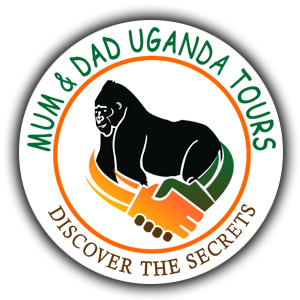- Home
- Gorilla Tours
- Uganda
- Wildlife
- 3 Days Murchison Falls Safari
- 3 Days Queen Elizabeth National Park
- 3 Days Semliki National Park Tour
- 3 Day safari to Lake Bunyonyi
- 5 Days Uganda Wildlife Safari
- 5 Days Kidepo Wildlife Safari tour
- 7 Days Murchison Falls, Semliki & Kibale Trip
- 8 Days Kibale, Queen & Bwindi Safari
- 9 Days Uganda Safari
- 10 Days Uganda primates and wildlife safaris
- 11 Day Uganda Safari Trip
- 12 Day Gorillas & Wildlife Safari in Uganda
- 15 Day Wildlife & Adventure Safari
- 21 Day Explore Uganda Safari
- Family Tours
- Day Tours
- Cultural Tours
- Wildlife
- Rwanda
- Kenya
- Tanzania
- Congo
- Combined Safaris
- 4 Days Uganda & Rwanda Gorilla Safari Tour
- 5 days Rwanda Uganda Gorilla Trek
- 5 days Gorillas and Nyirangongo hike
- 6 days Uganda Rwanda Gorilla Tour
- 8 days Gorilla & Chimp Trekking Safari
- 9 Days Uganda Rwanda Gorilla & Chimps
- 12 Day Best of Uganda Rwanda Safari Tour
- 18 Day Uganda Rwanda Safari Holiday
- Parks
- About us
- Blog
- Contact Us

 tracking the endangered mountain Gorillas in the oldest national park in Africa. Congo has it all,
tracking the endangered mountain Gorillas in the oldest national park in Africa. Congo has it all,  If you are traveling to the Nyiragongo volcano during your visit to DR Congo you will have an overnight backpack provided by Mum and Dad Uganda tours.
If you are traveling to the Nyiragongo volcano during your visit to DR Congo you will have an overnight backpack provided by Mum and Dad Uganda tours.